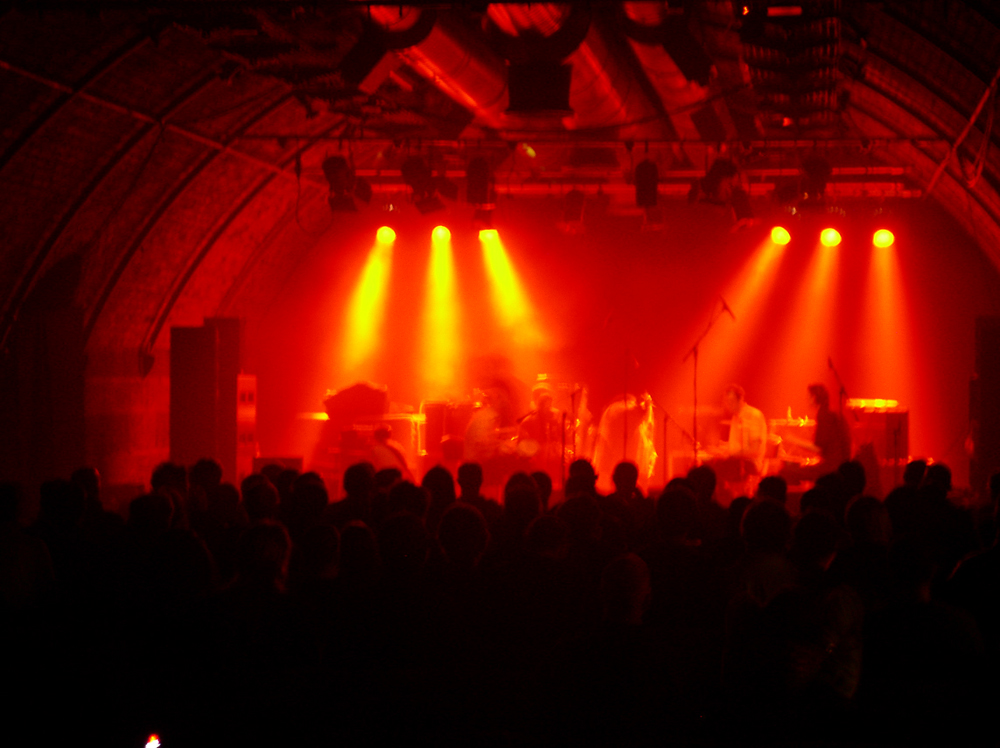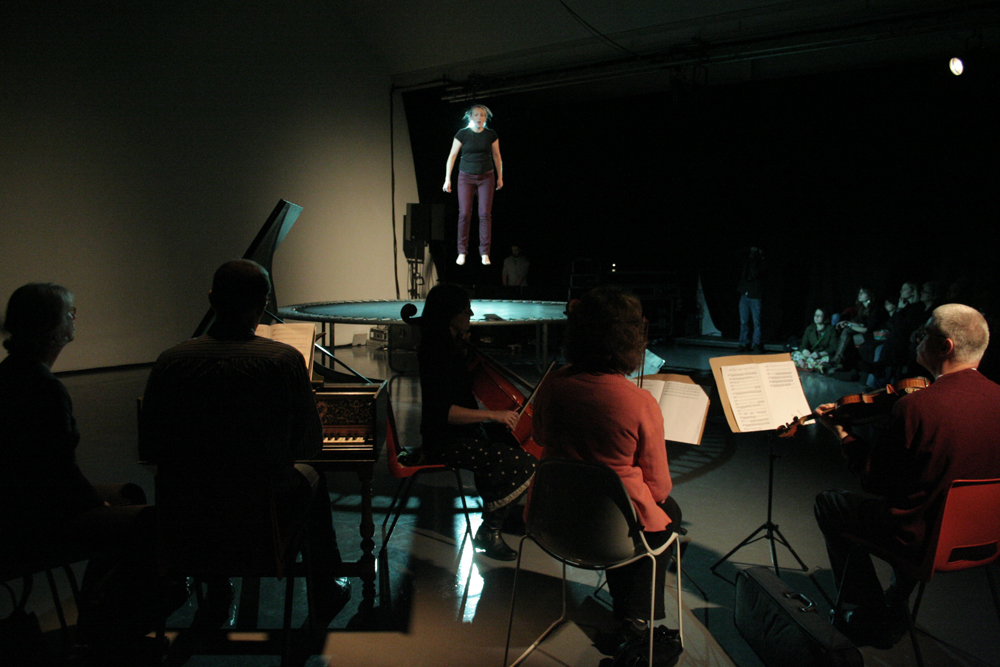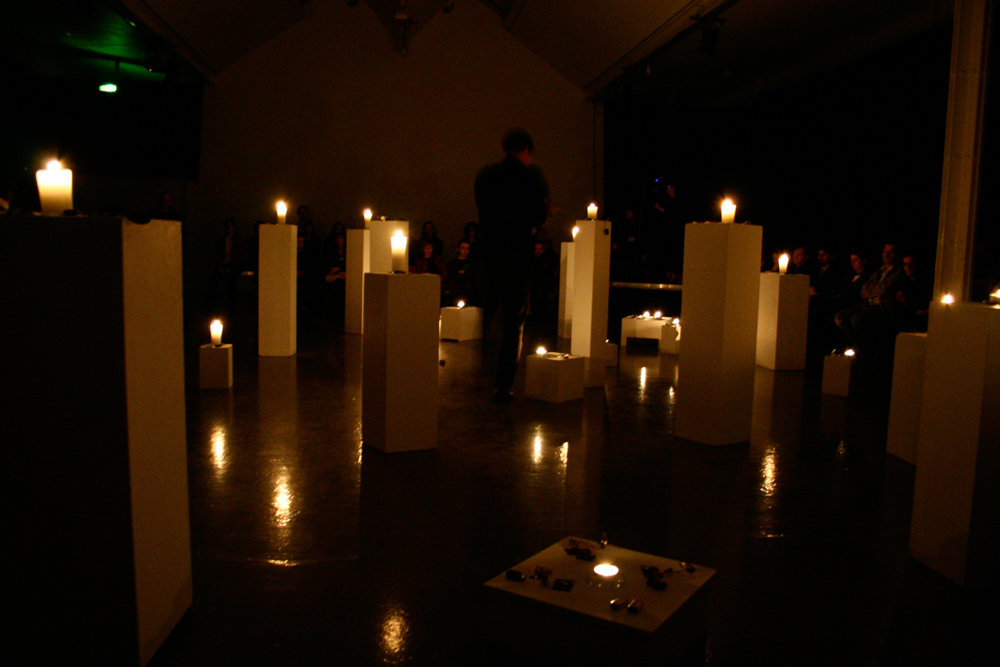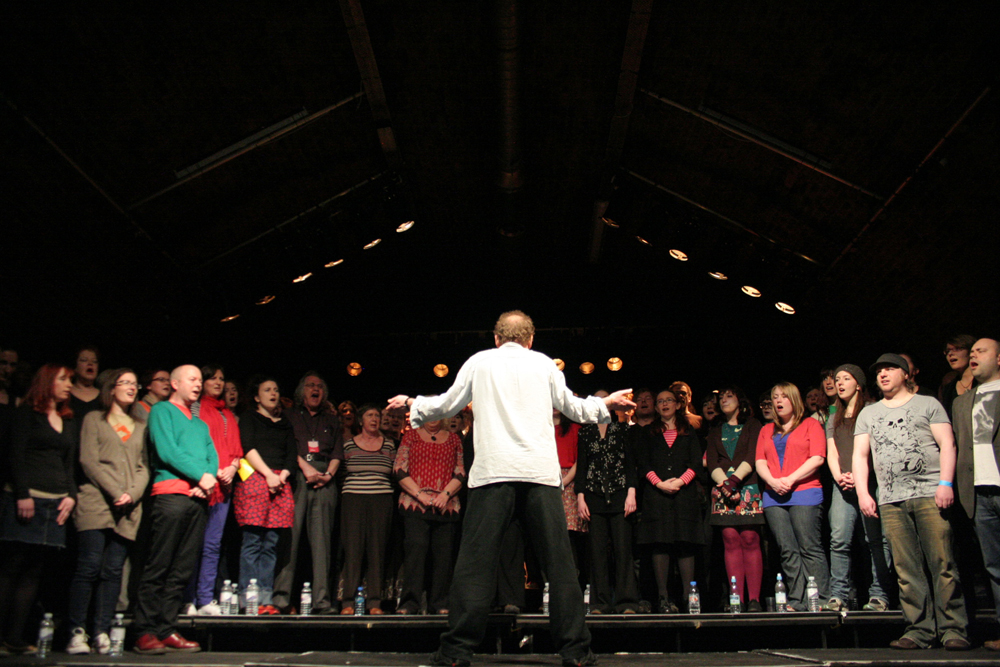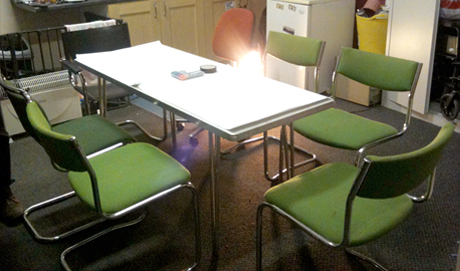
Sanjah: Kan Mikami, Masayoshi Urabe & Toshiaki Ishizuka
Kan Mikami Masayoshi Urabe Toshiaki Ishizuka
HEAVY Japanese super group, featuring the sundown delta blues of Kan Mikami, Toshi Ishizuka’s heavy, time folding drumming and Masayoshi Urabe on sax, harmonica and chains.



